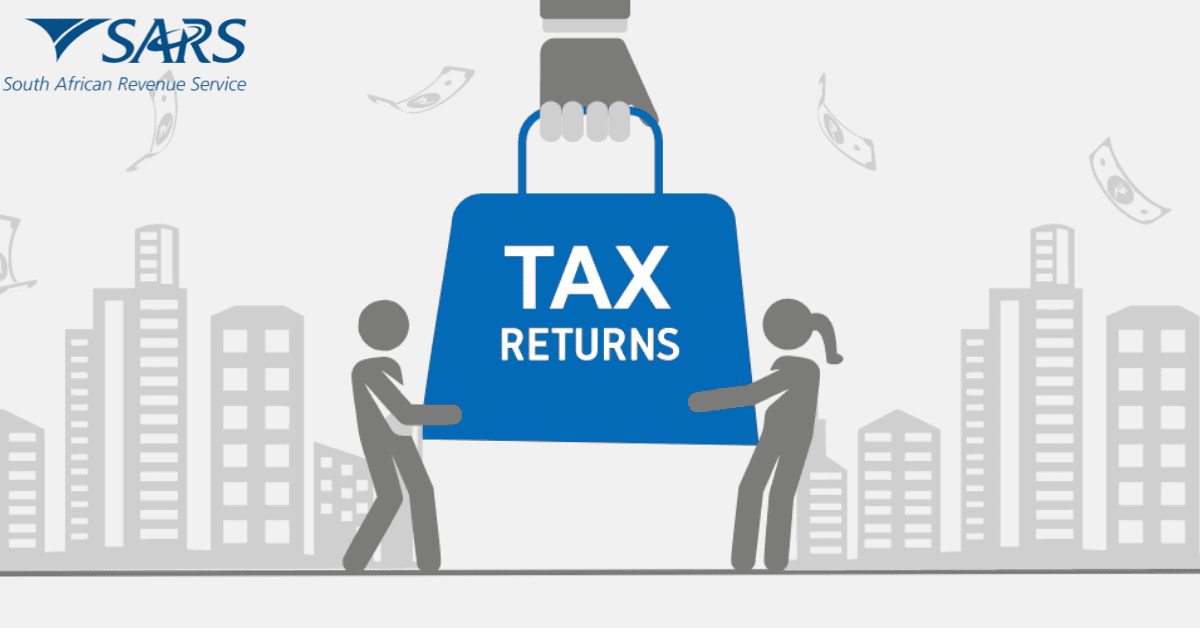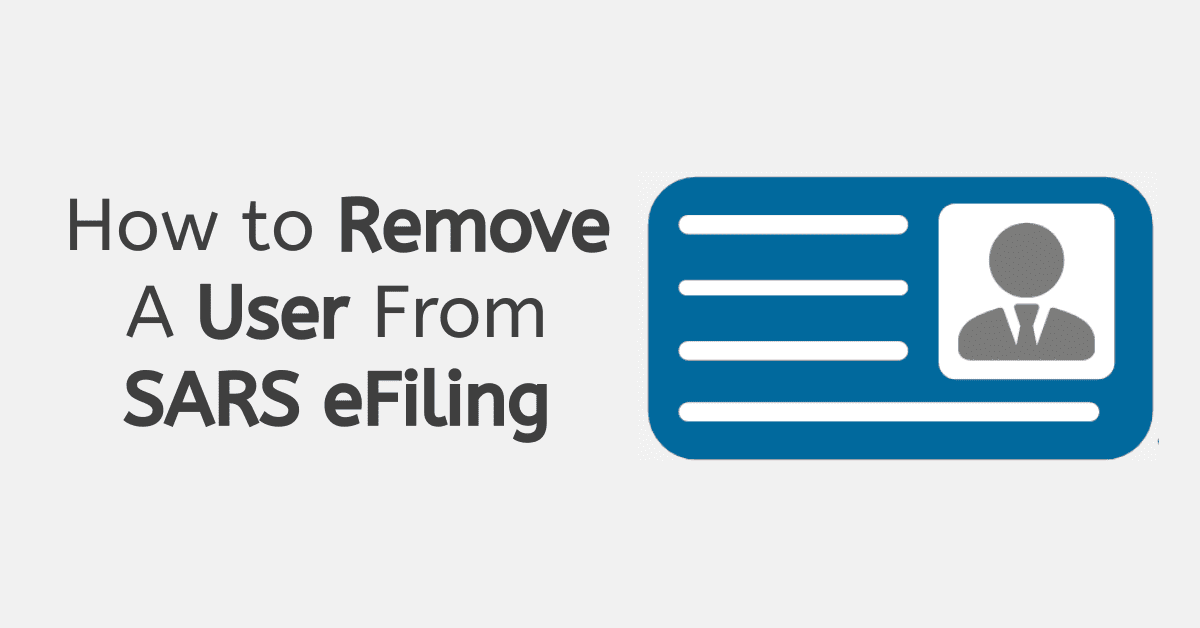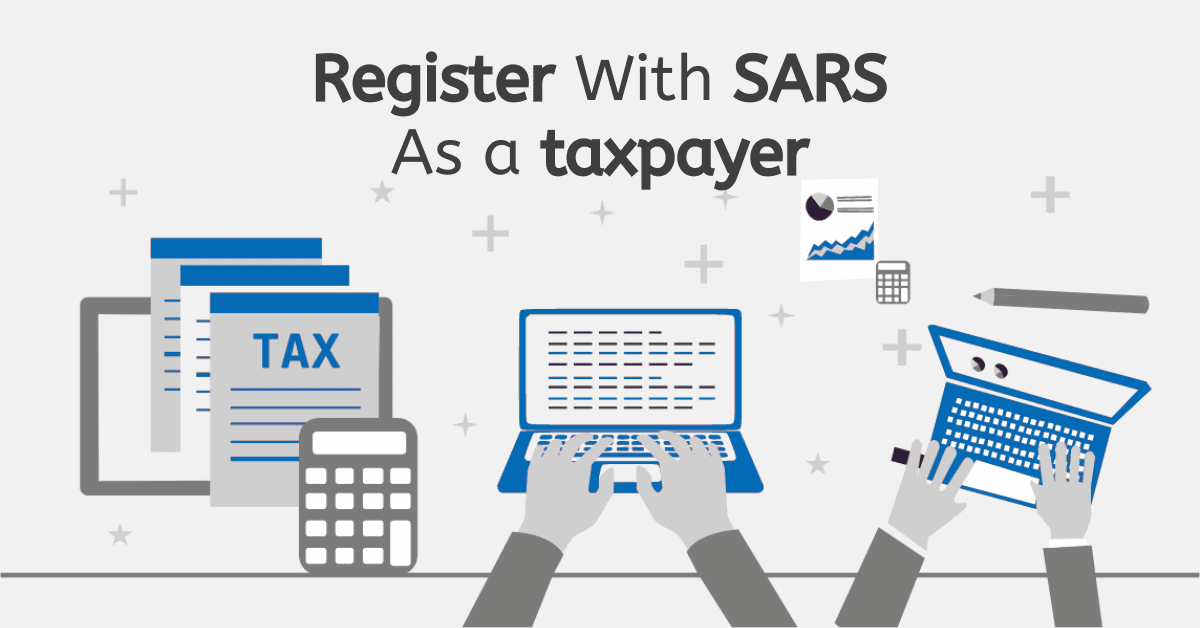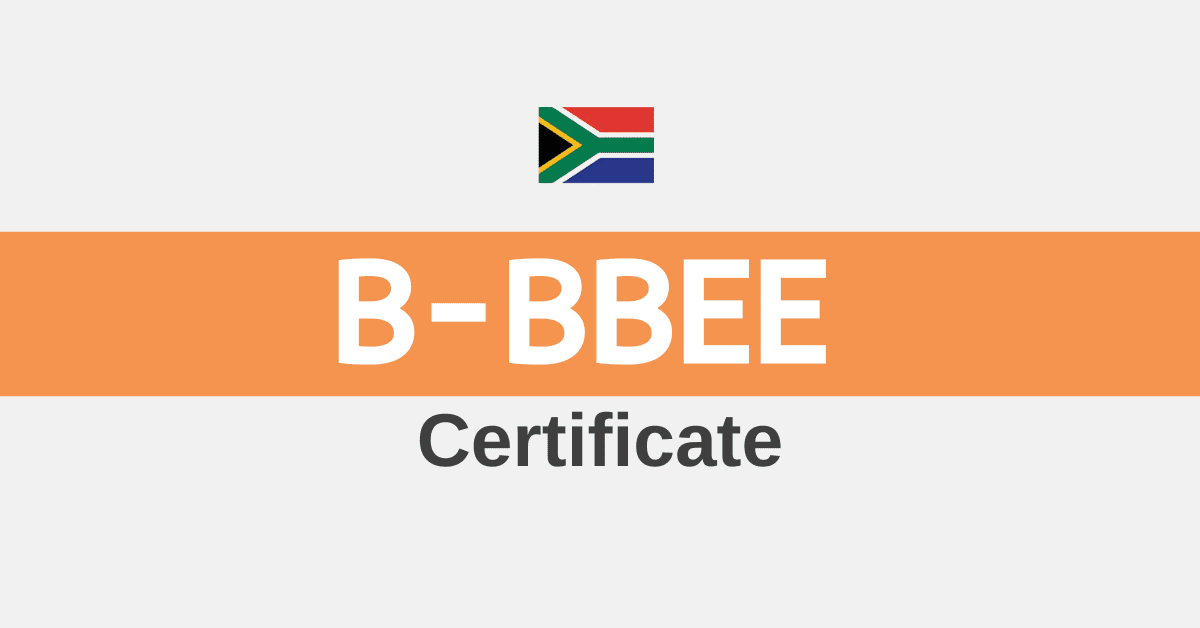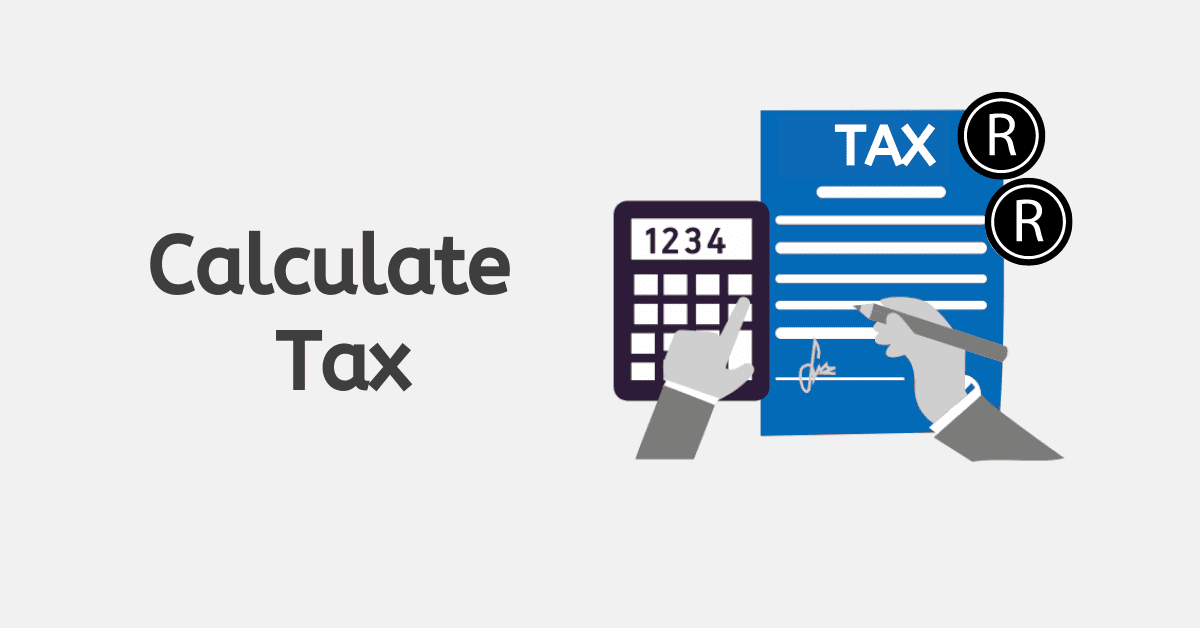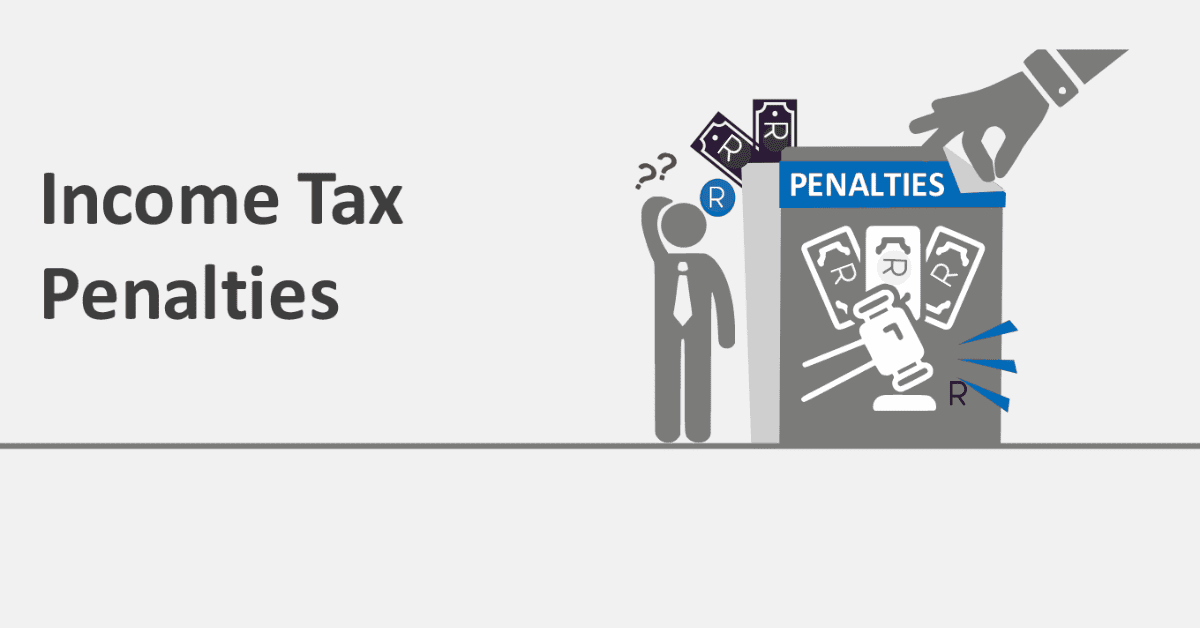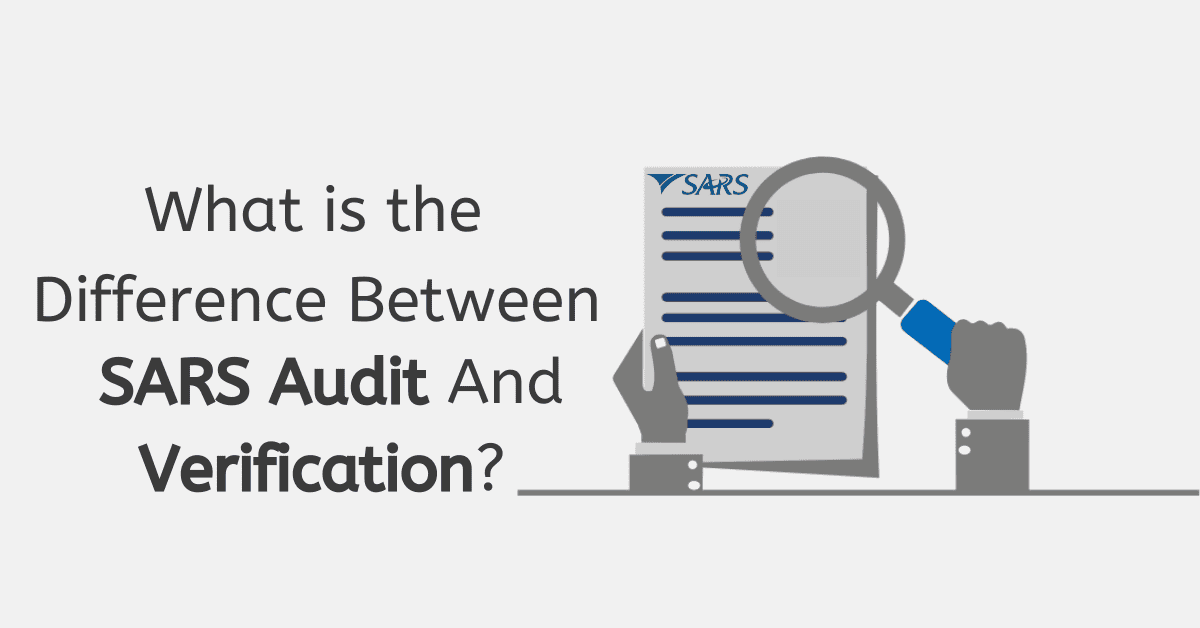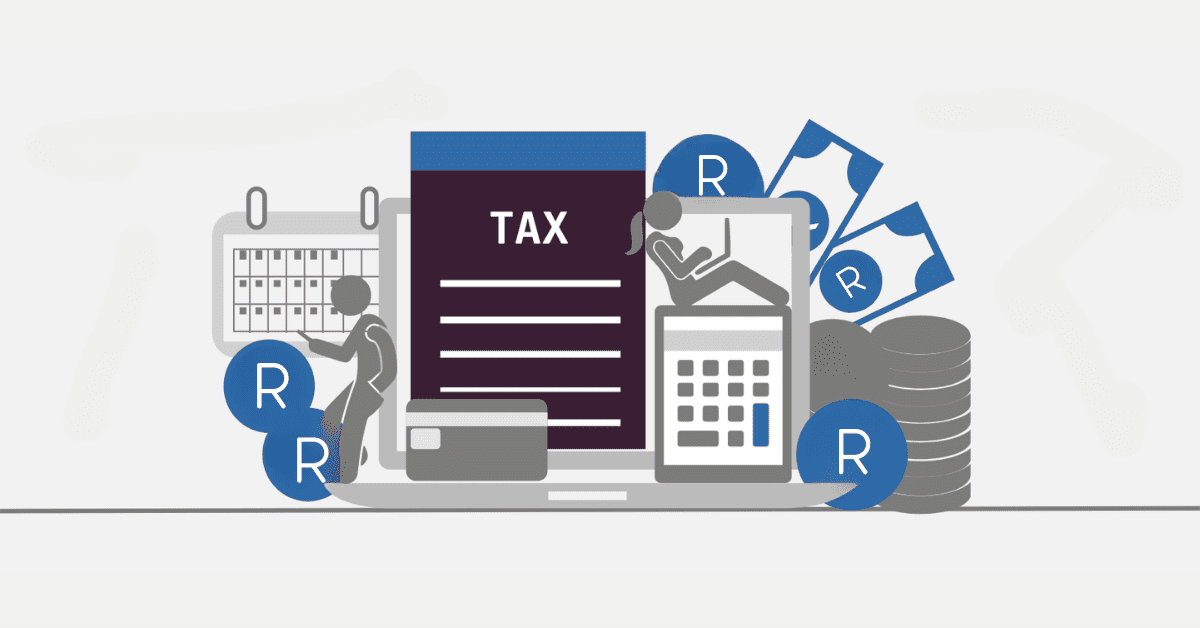In the event of an individual’s demise in South Africa, many significant considerations come into play, spanning taxes, assets, and financial matters. This guide delves into the intricacies of what unfolds in the realm of taxes when one passes away in South Africa, addressing pivotal topics such as estate duty, dividends, property transfers, SARS notification procedures, children’s entitlements upon a parent’s death, and the destiny of bank accounts.
What happens to your South African taxes when you die?
The passing of an individual in South Africa doesn’t mark the end of their tax responsibilities. Estate duty, a tax levied on the deceased’s estate, may come into play contingent on the estate’s value. This duty is a prerequisite for the estate to fulfill before beneficiaries can access their share. Additionally, any pending taxes owed by the deceased must be settled using the estate’s assets.
What happens to dividends paid after death?
Dividends disbursed after an individual’s passing typically become integral to the deceased’s estate. These dividends, subject to estate duty, must be disclosed to SARS as part of the final tax return for the deceased. Beneficiaries can access these dividends once the estate fulfills its tax obligations.
How do I transfer a house deed after a death in South Africa?
Transferring property ownership following a death in South Africa follows a meticulous course to guarantee a lawful and seamless transition of property rights. Executors or estate administrators play a pivotal role in this procedure.
To initiate, notifying the Deeds Office about the property owner’s death is paramount. This notification serves as the inception of property transfer to the rightful heirs or beneficiaries. Executors are responsible for furnishing requisite documents, including the death certificate and proof of their executorship appointment.
Subsequently, securing the necessary legal documents is imperative. This typically encompasses obtaining a Letter of Executorship, bestowing authority upon the executor to manage the deceased’s affairs, encompassing property matters. The Deeds Office may also necessitate the deceased’s will or proof of intestacy in cases where no will exists.
Clearing any outstanding property-related taxes, such as municipal property rates and taxes, is pivotal to facilitating a smooth ownership transition.
Once all documents are in order and taxes are settled, the Deeds Office will effectuate the property’s transfer into the beneficiary’s or new owner’s name, often involving drafting a fresh title deed in the new owner’s name.
Engaging with legal and financial professionals well-versed in estate matters is strongly recommended for a streamlined process. Their expertise will guide you through the requirements, ensuring an effective transfer of property ownership posthumously.
How do I notify SARS of a death?
Promptly notifying the South African Revenue Service (SARS) of a taxpayer’s demise is paramount to effectively managing the deceased’s tax affairs. This process mandates specific documentation and procedures to inform SARS expeditiously.
The duty of notifying SARS typically falls upon the executor or estate administrator. Here are the primary steps to communicate a taxpayer’s death to SARS in South Africa:
- Document Collection: Gather essential documents, including the death certificate, letters of authority, and all tax-related records of the deceased.
- Form Completion: SARS often provides specific forms for reporting a death. Acquire these forms by visiting their website or contacting SARS directly.
- Submission of Documents: Once in possession of the required documents and forms, submit them to SARS. This can be executed at your local SARS branch or electronically through the eFiling system if you are an eFiling registrant.
- Executor/Administrator Notification: Inform SARS about the appointed executor or administrator responsible for overseeing the deceased’s tax affairs. This individual will serve as the primary point of contact for tax-related matters.
- Tax Resolution: The executor or administrator should thoroughly assess and resolve any outstanding tax liabilities attributed to the deceased. This encompasses income tax and other tax obligations.
- Responsibility Transfer: SARS will adjust its records to reflect the taxpayer’s deceased status and transfer the tax responsibilities to the executor or administrator, who will manage any future communications with SARS on the deceased’s behalf.
- Record Keeping: Maintaining meticulous records of all tax-related transactions and communications with SARS throughout this process is indispensable.
What is a child’s entitlement upon a parent’s death in South Africa?
South African law acknowledges the rights of children when a parent passes away. Children are entitled to maintenance and support from the deceased parent’s estate. If a valid will exists, it may specify provisions for the child’s support. The Intestate Succession Act dictates the child’s entitlements when there is no will.
What’s next for bank accounts after a death in South Africa?
Bank accounts are typically frozen upon notification of a person’s death in South Africa. Access to these accounts often necessitates the appointment of an executor or administrator who will manage the funds to settle debts and taxes and distribute assets to beneficiaries.
Conclusion
Understanding the tax and financial ramifications of an individual’s passing in South Africa is essential for both the deceased’s estate and the beneficiaries. Compliance with tax regulations, including estate duty and prompt notification of SARS, is critical for a seamless process. Additionally, recognizing children’s entitlements and properly managing bank accounts are pivotal components in handling these matters carefully. Seeking guidance from legal and financial experts is advisable to effectively navigate this intricate process.
